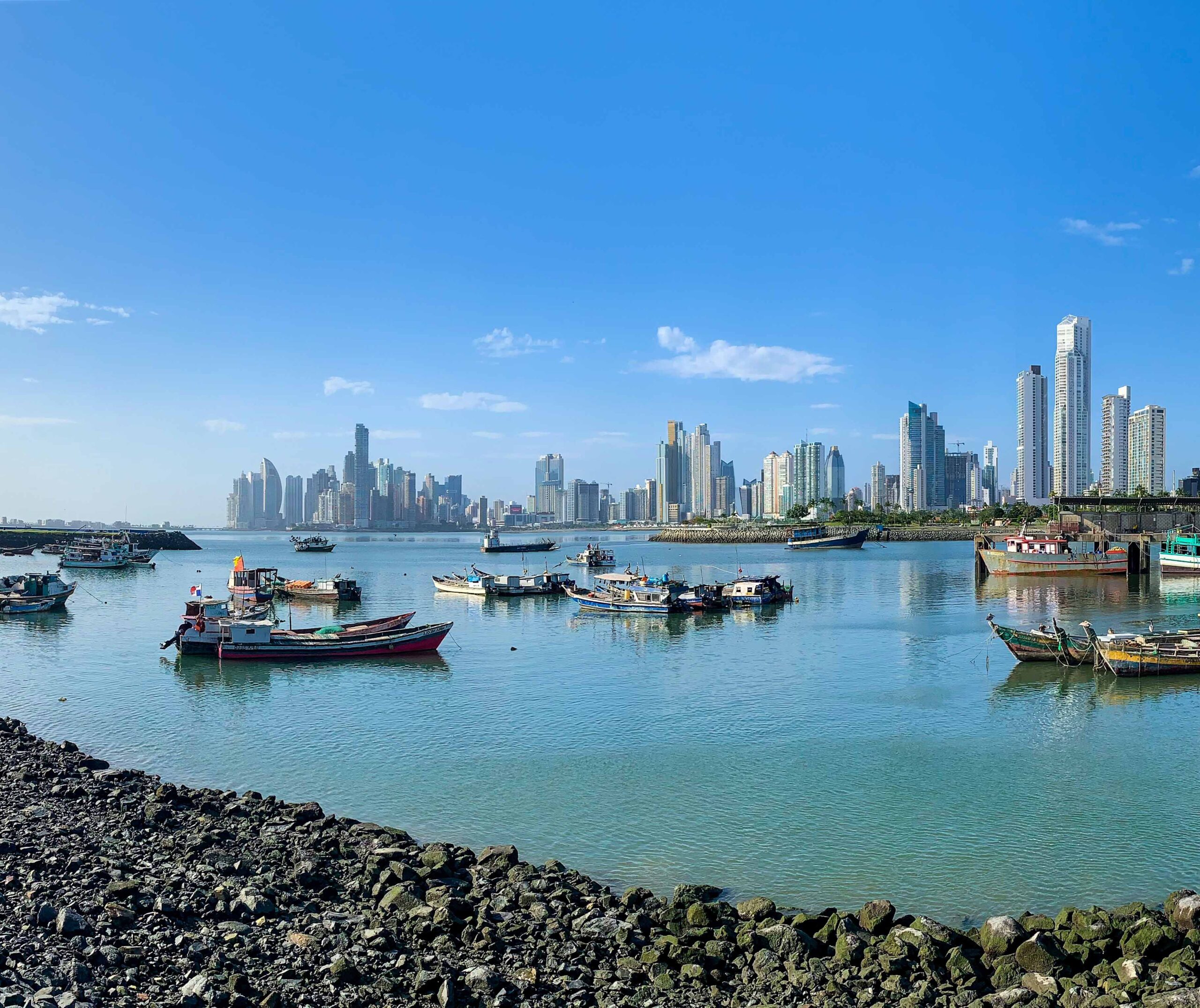It’s no secret that Portugal’s economy has been growing rapidly over recent years. Look up any article pertaining to Portugal and you’ll likely find highlights relating to its growth, strength, and positive developments.
Well, earlier this year, Portugal’s economy was recently given another commendation, this time by Fitch Ratings.
Fitch Ratings is one of the three major international credit rating agencies, alongside Moody’s and Standard & Poor’s (S&P). The agency provides credit ratings, research, and analysis for the global financial markets.
Fitch Ratings plays a crucial role by helping investors assess the risk associated with various investment opportunities and by promoting transparency and stability in the markets.
Within the past few months, Fitch ranked Portugal’s long term foreign-currency issuer default rating (IDR) at an A -.
This score measures a country’s ability to honor its financial commitments, providing valuable insights to investors and other market participants.
For those who are invested in Portugal or those planning to in the future, this is a great indicator.

What Fitch had to say:
The credit rating agency highlighted Portugal’s EU and eurozone membership and history of fiscal discipline as two key strengths.
Economy:
It notes that the Portuguese economy “grew by 2.3% in 2023 with growth accelerating in 4Q23 to 0.8%, both significantly better than the overall eurozone growth performance.”
GDP:
The agency projects an additional GDP growth of 1.4% in 2024 and 1.8% in 2025, maintaining its trend of outperforming surrounding counties in the EU.
Political Stability:
While there are concerns about political instability due to a close election, Fitch believes this is unlikely to impact the country’s fiscal policies.
Debt:
Further positive developments relate to Portugal’s “sustained debt reduction” which declined to just below 100% of GDP at the end of last year, dropping from 135% at the end of 2020.
This is one of the largest drops among countries rated. Fitch forecasts the debt ratio to continue to decrease to 92% by the end of 2025, and their medium-term projections indicate it will drop below 85% by the end of 2027.
Inflation:
Other optimistic trends point at the decrease of the country’s inflation which declined to 2.3% in February of this year, slightly below the EU average of 2.6%. Fitch projects it to continue to lessen to 2% in 2025.
With all this being said, the future looks great for Portugal. With the country’s ability to reduce its debt and navigate economic challenges effectively, Portugal is cementing itself globally as one of the top “up and coming” countries.









